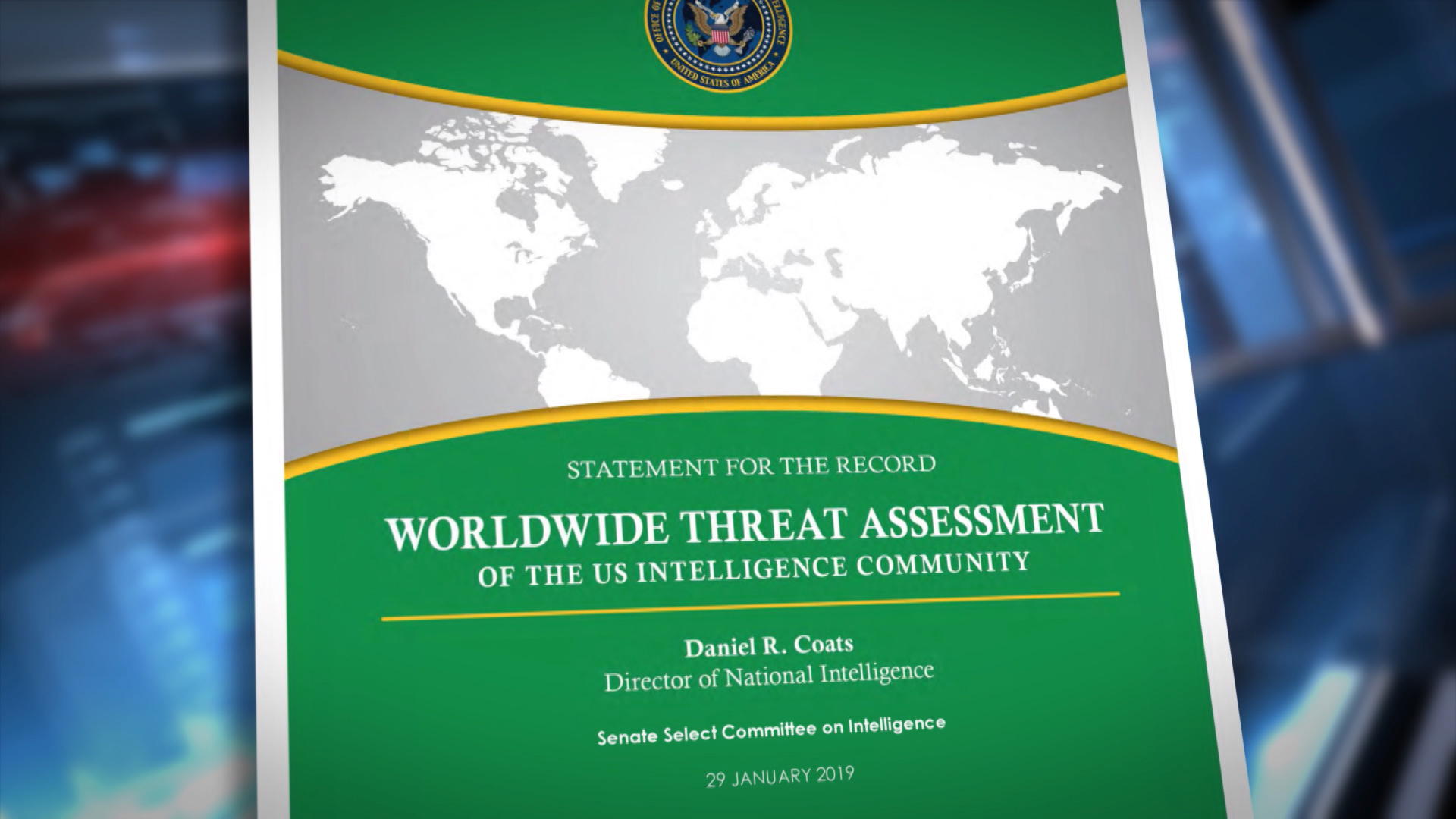US intelligence: Possible armed conflicts in Western Balkans in 2019

The Western Balkans countries are at risk of open military conflict in 2019 and Russia is lurking to take advantage of the situation, the US intelligence community warned in its World Wide Threat Assessment report for 2019.
Oglas
“The Western Balkans almost certainly will remain at some risk of low-level violence and possibly open military conflict throughout 2019,” they wrote. “Russia will seek to exploit ethnic tensions and high levels of corruption to hinder the ability of countries in this region to move toward the EU and NATO.”
On the other hand, head of the Centre for Security Studies, Denis Hadzovic, said the report should not be ignored completely, but that there is little likelihood of armed conflicts.
“In 2017, the US Foreign Affairs Committee said the Balkans is one of America’s challenges in Europe, so we’ve been in the limelight ever since. They said that there is a likelihood of conflicts, but we shouldn’t ignore that warning altogether,” Hadzovic said. “I think politicians should pay attention to messages coming from a country that is far more informed than we are.”
Oglas
Croatian military analyst, Igor Tabak, said the risks are not the same for all the countries. He mentioned the Belgrade-Pristina crisis as an example.
"The conflict there wouldn’t escalate as it did in the 90s because no side has the money to start a serious war. As an EU and NATO member state, Croatia was only marginally affected by the so-called ‘hybrid operations.’ But in Montenegro, which avoided a coup right before becoming a NATO member state, in Macedonia, Serbia, Kosovo and in the Bosnia's Serb-dominated entity of Republika Srpska such operations are far more severe and visible,” Tabak said for N1.
Aside from the Balkans, the US intelligence community sees Brexit and Turkey as potential threats.
“The United Kingdom’s scheduled exit from the EU on 29 March 2019, European Parliament elections in late May, and the subsequent turnover in EU institutional leadership will limit the ability of EU and 39 national leaders to contend with increased Russian and Chinese efforts to divide them from one another and from the United States,” the report said.
Oglas
Turkey’s regional ambitions, a distrust of the United States, as well as its leader’s “growing authoritarianism” will make Ankara more willing to challenge US regional goals.
But the focus of the report is not on Europe or Turkey. It is on Russia and China which are said to be the biggest threats to the US national security. According to the report, Moscow and Beijing will continue to try to shape the international system and influence the policies and economies of all the countries in the world.
Kakvo je tvoje mišljenje o ovome?
Učestvuj u diskusiji ili pročitaj komentare
Oglas
Kakvo je tvoje mišljenje o ovome?
Učestvuj u diskusiji ili pročitaj komentare
Oglas





 Srbija
Srbija
 Hrvatska
Hrvatska
 Slovenija
Slovenija



























































